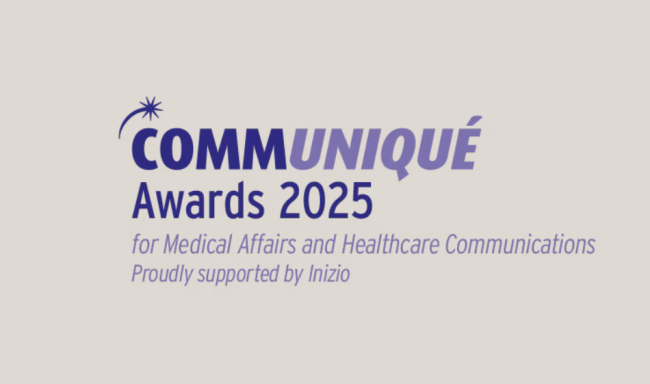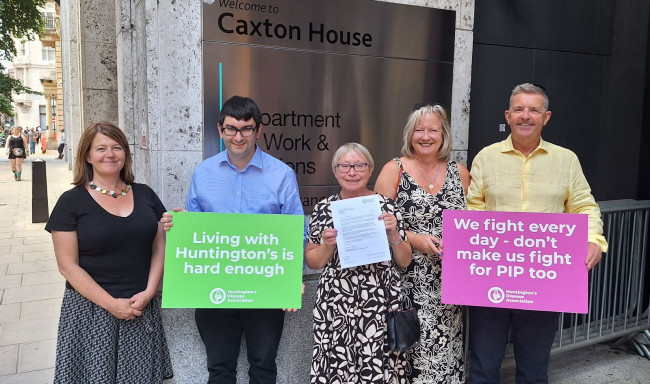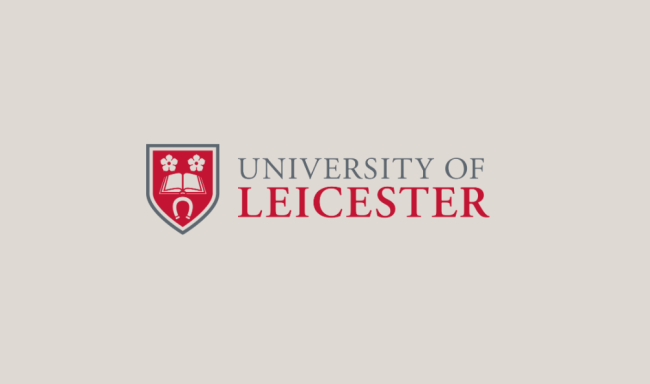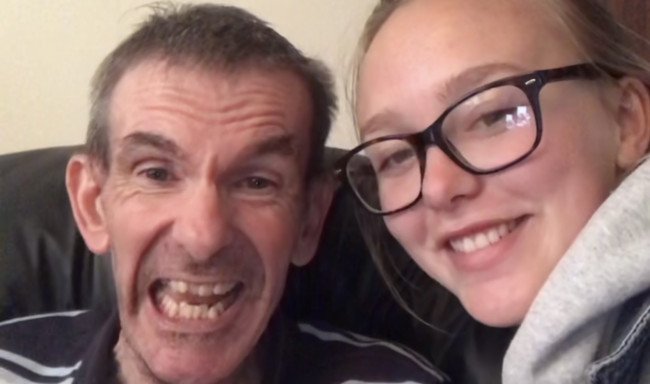Put your best foot forward this leap day and wear your silliest odd socks to raise money for people affected by Huntington’s disease.
The Huntington’s Disease Association, which offers practical advice and support to anyone affected by the disease, including training for health and social care workers, is launching its first ever Odds And Socks Day on 29 February 2024.
All people have to do to take part is:
- Register via the Odds And Socks page. The first 150 people will receive a special pair of Huntington’s Disease Association-branded odd socks. Update - we have now given out all 150 pairs of free odd socks... but you can wear your own crazy socks on Odds And Socks Day!
- Set up a JustGiving page and commit to raising a minimum of £50
- Encourage family, friends and colleagues to take part or donate and put up our downloadable posters around your school, college, university or workplace
- Wear your odd socks with pride on 29 February and tell the world on social media using the hashtags #OddsAndSocksDay #WhatAreTheOdds
Huntington’s disease affects the body’s nervous system – the network of nerve tissues in the brain and spinal cord that co-ordinates your body’s activities.
It is genetic which means if one of your parents carries the gene you have 50:50 odds of inheriting it. That’s a one in two chance.
The symptoms usually start at 30 to 50 years of age, but in rare cases, they can appear in childhood which is known as Juvenile Huntington’s disease.
Currently, there is no cure; it gets gradually worse over time and is usually fatal after a period of up to 20 years.
Symptoms of Huntington's disease can include:
- difficulty concentrating and memory lapses
- involuntary jerking or fidgety movements of the limbs and body
- mood swings and personality changes
- problems swallowing, speaking and breathing
Huntington’s Disease Association Chief Executive Cath Stanley said:
There are currently 8,000 people living with Huntington’s in the UK and another 32,000 people at risk of developing it. It has a devastating impact on families, particularly in the latter stages when people with the condition need full-time nursing care. Imagine growing up watching someone you love gradually deteriorate, knowing that you have 50% chance of inheriting the disease. We are the only organisation in England and Wales offering support to people affected by Huntington’s. By taking part in Odds And Socks Day you can help raise awareness and much-needed funds to help us continue our vital work. Just £11.98 will help pay for five really helpful information booklets for children to learn more about the disease, so take a leap with us on 29 February and wear your oddest, odd socks with pride!”
The charity’s patron and longtime supporter actor George Rainsford added:
The whole point of the campaign is not only to raise funds but also awareness of this devastating disease and as patron of the Huntington’s Disease Association I will be wearing my odd socks with pride! The more people who get involved in Odds And Socks Day the better, so please join me by registering via the website, raising money or donating whatever you can afford, and spreading the word about Huntington’s so we can make sure those affected get the recognition and support they deserve.
Case Study
Megan Ashmore, 23, first discovered she was at risk of developing Huntington’s when her dad was diagnosed in 2012. She’s now a Huntington’s Disease Association ambassador and has recently decided to have the test to find out if she’s got the faulty gene that causes it.
My dad first started showing symptoms in 2012 although we didn’t realise it was Huntington’s at the time as there was no family history of the disease. He went to see a GP as his hands were quite twitchy and a consultant neurologist who assessed his walking as he had a strange gait. When he received the diagnosis, it was a complete shock as normally it is hereditary but in our case no-one in our family, as far as we know, has had the condition in the past. According to the consultant it was caused by a genetic mutation within his cell build-up and when I look back, I realise it must have been quite scary for him as he’d never even heard of Huntington’s before. It was also really hard because he’d just been made redundant, so there was a lot going on, but having a diagnosis and subsequently being referred to the specialist team at Nottingham City Hospital definitely helped. We were finally able to get the answers to a lot of the questions we’d been asking about his heath, although at that time he was still in the early stages and wasn't that badly affected.
Cognitive decline
Since then, the disease has unfortunately progressed, and he would now be classed as in the advanced stages. He can't walk and can only stand for a short time, with help. His speech is very limited, so he uses an alphabet board to help ease his frustration. The biggest thing for me, however, is his cognition which has declined massively. He still knows who I am, but he's not really aware of what's going on around him and there are times when he is distressed and unable to tell anyone what’s wrong which is really upsetting. I just try and do everything I can to help him.
Deciding to take the test
Obviously, the genetic aspect of the disease is very scary because the odds of inheriting it are 50:50 - it's literally the flip of a coin. I recently made the decision to get tested because I realised, I am responsible for my own life and what I do with it. I’m a bit of a control freak and I guess knowing what your future holds gives you a sense of control, however futile. If I have the gene, I know I need to prioritise my health and do the things I want to do now, not wait five years. Also, I might want to have a family of my own one day and I don't think I'd be able to have a child, knowing I have the gene and they have a 50% chance of inheriting it. I wouldn't want to put anyone through what I've experienced - it's just horrible and I wouldn’t wish it on my worst enemy. Having said that, it’s a very personal choice and I wouldn’t judge anyone who decided to have children as everyone's situation is different and who knows? One day there might be a treatment or a cure. There are so many clinical trials under way.
Read Megan’s full case study:
Odds and Socks Day
For more information about Huntington’s Disease or to register to take part in Odds And Socks Day please click on the link below.
Ends
NOTES TO EDITORS
About Huntington’s disease
Huntington’s disease affects the body’s nervous system – the network of nerve tissues in the brain and spinal cord that co-ordinate your body’s activities. This leads to progressive deterioration – physically, cognitively, and mentally until the individual becomes dependent on the help of others. Symptoms include motor (movement), mental health (for example mood) and cognitive (for example learning and thinking) disturbances, which in most cases appear in mid-adult life.
Huntington’s disease currently affects around 8,000 people in the UK or 1 in 10,000 people. Up to 32,000 people in the UK are at risk of developing the disease. It can start at any age, but symptoms usually first appear between ages 30 and 50. Symptoms gradually get worse over 10 to 25 years until the person dies. Every child conceived naturally to a parent who has the faulty Huntingtin gene that leads to Huntington’s disease has a 50% chance of inheriting it.
About the Huntington's Disease Association
The Huntington’s Disease Association provides much-needed services to people affected by Huntington’s disease including:
- specialist advice
- online support via social channels and website
- funding for selected research studies and projects
- local branches and support groups
- events and activities for families and people affected by the disease
- training and events for professionals
The Huntington’s Disease Association provides support to people across the whole of England and Wales and relies almost entirely on voluntary donations.
Our mission is to enable everyone affected by Huntington's disease to live life to their full potential by:
- improving care and support
- educating families and the professionals who work with them
- championing the needs of the Huntington's community by working together
- influencing decision makers to tackle discrimination and secure equity of access to services
For media information please contact:
Kate Strawson
Director
Shooting Star
01522 528540 / 07733 230293





